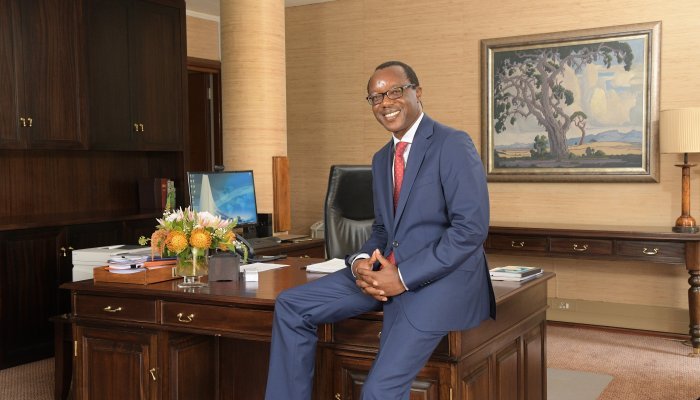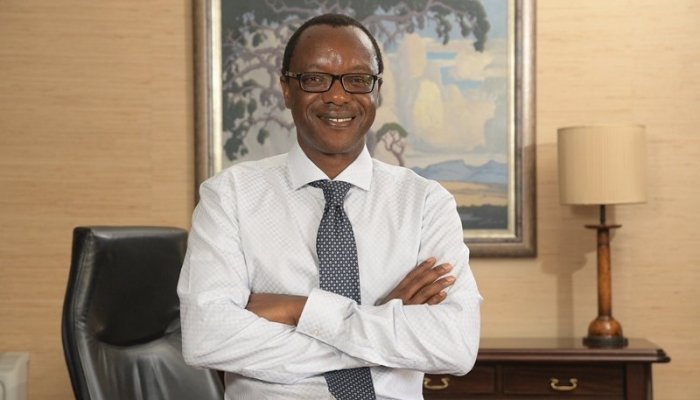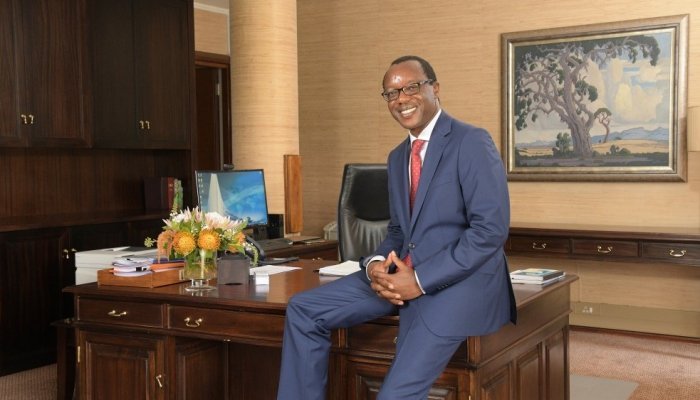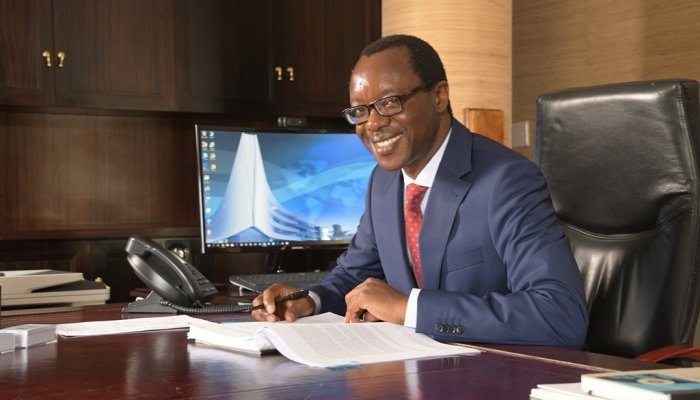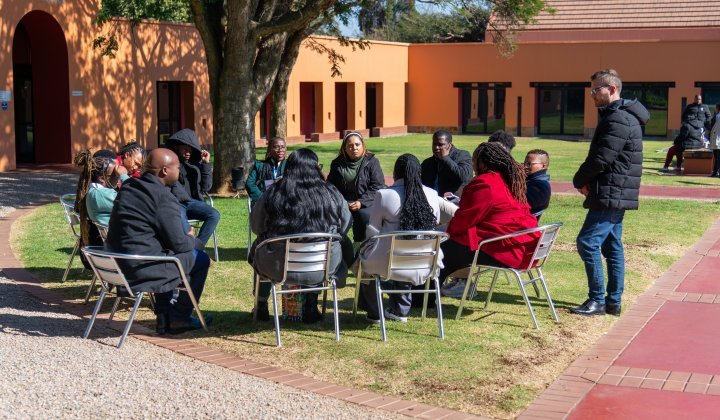One theme that the University of Pretoria’s new Vice-Chancellor and Principal constantly returns to is academic entrepreneurship. It is clear that he sees this as a hallmark of his successful career; it will certainly define his tenure at the university.
He uses the phrase to describe what he considers an important – but underrated – imperative for academics and academic institutions: the need to create new entities and initiatives that have a solid academic basis, but that are also self-sustaining.
“We need constantly to be asking, ‘What needs to be done? What ought to be done?’ and then finding ways of doing it,” he says. “That means understanding not only the intellectual side of things but also the social and economic context in which they happen. Many academics battle to straddle all these dimensions.”
He is quick to add that making money is never the primary goal. The starting point must always be the intellectual imperative, but one cannot rely on government funding and fees solely to sustain new entities, however necessary they are.
One can trace this multi-dimensional approach – and flair for bringing management and business nous to the academy – back to his youth. When his schoolteacher father was promoted into an administrative position, Professor Kupe recalls how he helped his father with many of the administrative tasks his parent simply did not have the capacity to do. This approach has deepened over the course of his career. While his first degrees were in English, he shifted to Media Studies for his PhD (at the University of Oslo in Norway) in order to explore the multi-dimensional context in which creativity (and intellectual endeavour) occur.
...one cannot rely on government funding and fees solely to sustain new entities, however necessary they are.
Academic entrepreneurship in action
So what does academic entrepreneurship look like? One example would be his founding of the successful Media Studies Department at Wits.
“There was an academic need for such a course in a city that is the media capital of South Africa, and there was student demand,” he says. “There were some Media Studies courses in the BA, but I motivated for a full-scale department. It’s become one of the largest in the Humanities Faculty, and generates substantial revenues that cross-subsidise other departments in the School of Literature, Languages and Media.”
One of his innovations was to draw on existing academic staff from other departments, which essentially meant that a good staff-student ratio could be achieved at minimal extra cost.
Another initiative was the Wits Arts and Literature Experience (WALE) to showcase Wits’ achievements in the creative arts and literature, and to publish new works across a range of Humanities disciplines.
A recent initiative is the African Centre for the Study of the United States, a multidisciplinary, transdisciplinary and interdisciplinary research centre that studies the United States as a nation and a society.
“If we, as a country and a continent, want to be taken seriously as global players, and compete successfully, we have to understand the world in which we live,” he argues. “Here in Africa we cannot just be consumers of knowledge, we must also be knowledge creators as well. A research centre like this will educate future policymakers, diplomats and business leaders, just as similar centres in other countries do.”
Such a centre will not only link together Africa-based academics studying the United States, but will provide a home for US academics conducting research here.
Although it was only conceptualised two years ago, and only became operational in 2018, Professor Kupe says the new centre has already garnered substantial funding. There’s clearly big interest in the concept of Africa embarking on its own study of the global hegemon (as it still is), and that interest is translating into financial support.
Professor Kupe believes his commitment to this type of entrepreneurship is intimately related to his leadership style; anybody who wants to set up new institutions that will last has to promote buy-in. “I’ve always said it’s no use just being powerful, you have to be able to persuade people to collaborate with you,” he quips. “You can’t do these kinds of projects on your own – you need to create collaborative partnerships.”
And that often means, he says, admitting that there might be better ways of going about something – in other words, allowing co-ownership of projects.
Uniquely positioned to serve Africa
The question, clearly, is why the great persuader is moving from Wits to the less highly-rated University of Pretoria. There are many reasons, he says, but they all distil into one: this university has all the fundamentals to be the quintessential African university, providing what Africa needs to realise its potential. There is tremendous symbolic power, too, in the way in which this former bastion of the Afrikaner elite has repositioned itself as the African university par excellence.
One of the many factors that give it this huge potential, in his view, is its unique physical positioning, with its main campus in the political capital of Pretoria and its business campus – GIBS – in the country’s economic and business capital, Johannesburg. The fact that it has highly regarded agricultural and veterinary science faculties also align it with Africa’s needs, given the role that agriculture will play in driving economic growth.
Its aim to grow student numbers from today’s 53 000 to 75 000 by 2025 also speaks to the need for Africa’s growing population to access tertiary education.
Professor Kupe is clear that Africa needs more than traditional academic education to overcome its challenges and realise its incredible potential in terms both of human and natural resources.
“Africa needs modern, innovative and sustainable businesses, which means business schools have a particularly important role to play,” he says bluntly. He points out that Pretoria was the first university to offer an MBA: business has always been an integral part of this university’s vision of what it offers. The fact that the GIBS campus was situated in Johannesburg is a further demonstration of how well the university understands the importance of the context in which an academic institution is situated.
...this university has all the fundamentals to be the quintessential African university...
Given the huge transformation in the way business is done, and the scale of the technology disruption, he believes that business schools need to pay more attention to research into the fundamentals of business and its context. This research should be seen as complementing the practical training business schools typically offer.
He also believes that business schools must also take on an even greater advocacy role in relation to governance, and the need to pursue profit and the public good at the same time. Teaching governance is critical, clearly, but business schools must adopt a higher profile in promoting good governance in business and, more broadly, in society as a whole. Here, too, fundamental research is vital: to be successful, the interrelatedness of good governance, ethical business practices and sustainable profits needs empirical backing.
“It’s important to strike the right balance between research and training: both are critical,” he says. “Business schools have to be agile to do this, but it’s essential in order for them to play their role in meeting Africa’s needs.”


